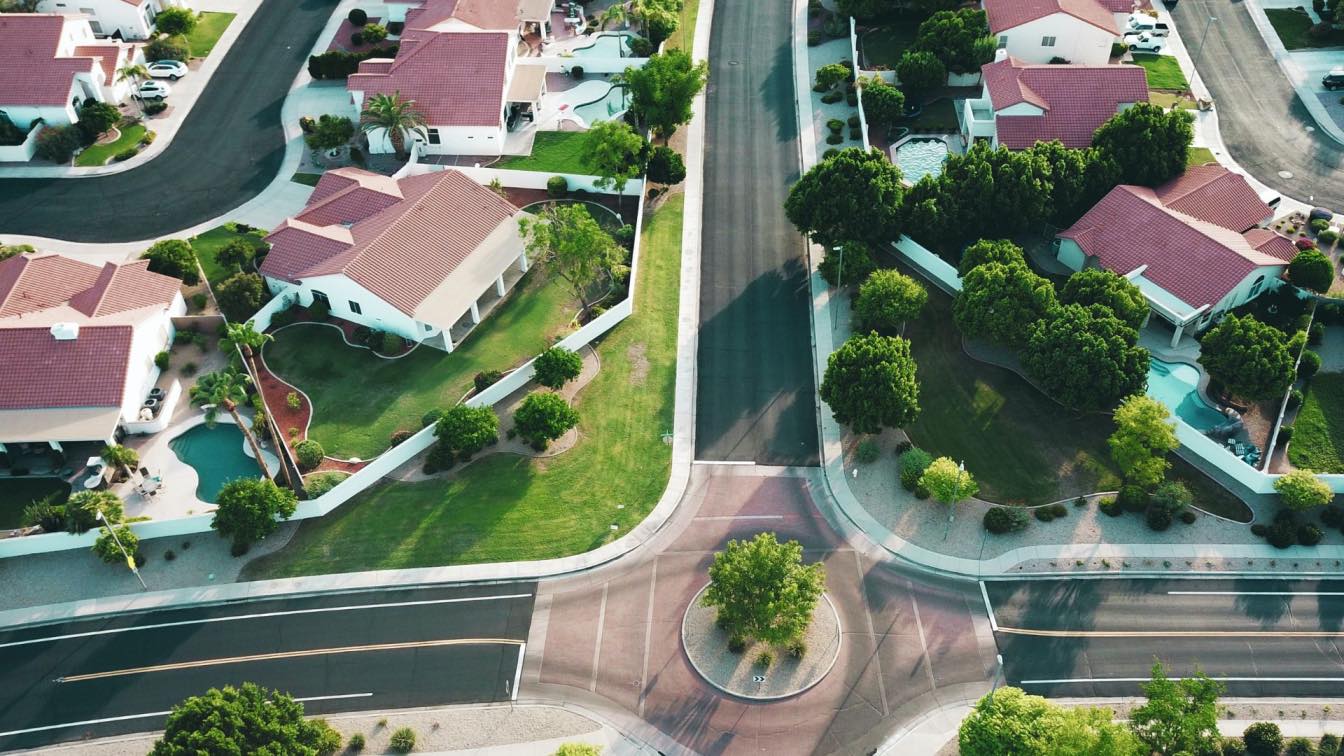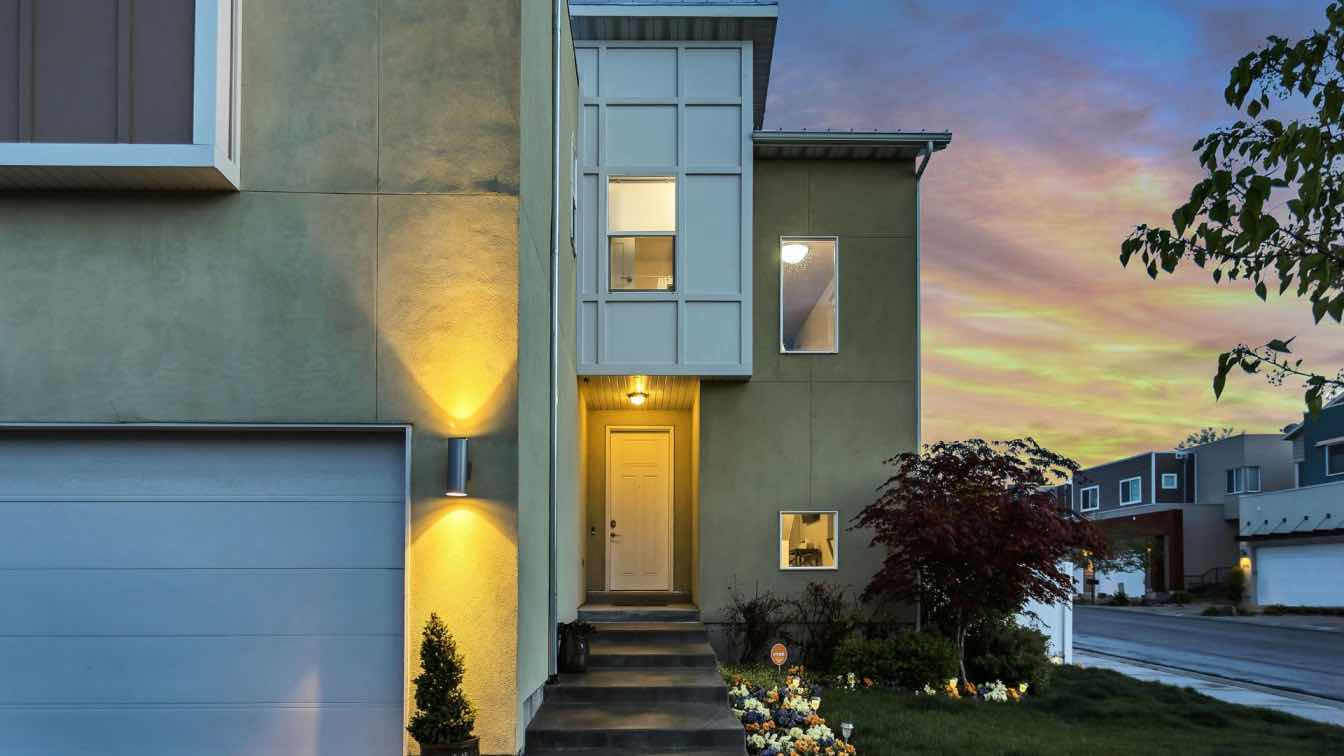After the 1990s, the world witnessed the highest inflation in 2022, when the global inflation rate was about 8.3 percent. And to combat this hyperinflation, the US Federal Reserve increased interest rates by seven times.
Currently, the world is in a recovery state. The International Monetary Fund (IMF) predicts that the global inflation rate will drop to 6.6 percent this year and is likely to fall further below in 2024.
However, this does not yet promise a reduction in interest rates. Despite the positive trend, we see that mortgage interest rates have just hiked again in May.
Does that mean affordable housing is out of question this year? And if so, how long will that be the case?
We’ve answered these questions for you in complete detail below!
Understanding Inflation And Interest Rates
To fully grasp the impact of interest rates on mortgages and steer safely in the housing market, it’s important to understand the relationship between inflation and interest rates.
The global inflation rate is determined by geopolitical events, demand and supply dynamics, high energy prices, low money supply — and various other complex aspects of the global economy.
As a homeowner, you do not need to get caught up in that. All you need to know to make a wise financial decision is the current global inflation rate as well as the forecast by the IMF. Here’s the official economic outlook to keep yourself updated.
Now, as a rule of thumb, when inflation increases, the interest rates increase too. It is an attempt to balance the economy by the central banks. There’s a tight money supply, so they raise the bar, ensuring only those with enough resources are able to get what they want.
At the same time, high-interest rates mean a country becomes a better investing ground for wealthier countries, attracting some much-needed capital.
Latest Updates: Rise In Mortgage Interest Rates
In May 2023, the US Federal Reserve decided to increase the existing interest rate by a quarter percent. They also signaled that this 0.25% raise will not be followed by more hikes, at least not for a while.
This means we currently have an interest rate of 5.25% applicable to all industries. For the housing industry, this means a slight increase in property prices as well as mortgage rates.
Here’s a glimpse of the ‘increase’ you can expect:
|
Type of Mortgage Interest Rate |
Previous Interest Rate |
Current Interest Rate (as of June 15, 2023) |
|---|---|---|
|
30-year fixed |
7.11% |
7.14% |
|
20-year fixed |
7.06% |
7.07% |
|
15-year fixed |
6.55% |
6.54% (yes, this decreased) |
|
10-year fixed |
6.63% |
6.65% |
|
5/1 adjustable |
6.02% |
6.08% |
|
7/1 adjustable |
6.19% |
6.21% |
|
10/1 adjustable |
6.38% |
6.43% |
|
30-year jumbo loans |
7.16% |
7.22% |
|
30-year FHA loans |
6.34% |
6.32% (this decreased too!) |
|
VA purchase loans |
6.58% |
6.60% |
To know the exact rise in your specific mortgage plan, calculate your home loan repayments here.
Notice that the increase in interest rate does not impact those who have already purchased fixed-rate mortgage plans. These rates are only relevant for those who are going to acquire a new mortgage loan or have purchased an adjustable-rate mortgage loan (and have completed their fixed rate period within that loan).
It is also worth noting that these percentages mean a rise of only a few dollars for most mortgage loan types. For example, the monthly mortgage payment for a 30-year fixed plan would be roughly $1987 at 7.11 percent. After the increment in interest rate (i.e., 7.14%), the monthly mortgage payment would be $1990, which is a difference of only three dollars.
However, there may be a rise in hundreds for jumbo loans. And that’s because the larger the amount borrowed, the larger your monthly payments and applicable interest rates.
When Will The Interest Rates Stabilize?
No one can guarantee the stabilization of interest rates. It all depends on the global political environment, climatic change, distribution of resources, and rate of overall economic growth. Most of these factors are out of one government’s control.
However, in light of the recent decrease in global inflation as well as a minor rise in interest rates by the Fed, it is expected that interest rates will be cut down sharply by 2025.
Plus, we do not expect any more hikes in 2023, as mentioned earlier. But 2024 may see some hikes — which will be necessary for eventual stabilization in 2025.
Is Renting Cheaper In The Current Economic Situation?
Renting vs buying is a major debate right now. But to answer the question, yes, renting a home is much cheaper than buying one on mortgage.
This is because apart from the monthly mortgage payments, homeowners are also liable to down payment, property tax, home insurance, and property maintenance costs. On the other hand, a renter pays only the monthly rent.
Here’s a quick comparison between the two options:
- Average monthly rent in 2023: $2048
- Average monthly mortgage payment in 2023: $2537
So for the next 1-2 years, it’s better to either rent a house or opt for a fixed-rate mortgage rather than an ARM.





